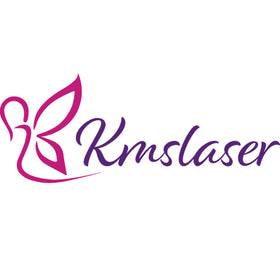Pregnancy is a time of immense change, excitement, and sometimes discomfort. Many expectant mothers experience swelling, water retention, and fatigue, leading them to seek relief through various therapies. One such therapy is pressotherapy, known for its ability to improve circulation and reduce swelling. But a crucial question arises: is pressotherapy safe during pregnancy?
Pressotherapy is a non-invasive treatment that uses air pressure to stimulate the lymphatic system, promoting circulation and reducing fluid retention. However, when it comes to pregnancy, the safety of pressotherapy is a topic of much debate. While the treatment offers benefits such as reducing swelling and improving circulation—common issues during pregnancy—its impact on expectant mothers requires careful consideration. The main concern is whether the pressure applied during the therapy might pose any risks to the mother or the developing baby.
Curious about the specifics of pressotherapy during pregnancy? Continue reading to find out more about what experts recommend.
Is it safe to undergo pressotherapy during pregnancy?
Generally, pressotherapy is not recommended during pregnancy, especially in the early stages. The pressure applied during the treatment, although not harmful in other circumstances, could potentially affect blood flow to the placenta, which might pose risks to the developing baby. Additionally, the physiological changes during pregnancy, such as increased blood volume and changes in circulation, make it essential to avoid any treatment that could disrupt these natural processes.
Can pressotherapy help with pregnancy-related swelling?
While pressotherapy is effective in reducing swelling in non-pregnant individuals, pregnant women are usually advised to opt for safer alternatives. Mild exercise, prenatal massages, and elevating the legs are commonly recommended to manage pregnancy-related swelling. These methods are generally considered safer and equally effective in providing relief.
Are there any exceptions or specific cases where pressotherapy might be allowed?
In some rare cases, with the guidance of a healthcare provider, a modified form of pressotherapy might be considered safe during the later stages of pregnancy. However, this would require a thorough assessment of the mother's health and should only be done under strict medical supervision.
What are the best alternatives to pressotherapy for pregnant women?
For those looking to manage swelling and improve circulation during pregnancy, there are several alternatives to pressotherapy. Prenatal yoga, water-based exercises, and wearing compression stockings can be highly effective. These methods are specifically designed to cater to the unique needs of pregnant women, ensuring both safety and comfort.
In conclusion, while pressotherapy offers numerous benefits, it is generally not recommended during pregnancy due to potential risks. Expectant mothers should consult with their healthcare providers to explore safer alternatives that can provide relief from pregnancy-related discomfort. If you're looking for effective and safe ways to manage swelling and other pregnancy-related issues, speak to your doctor for personalized advice.

